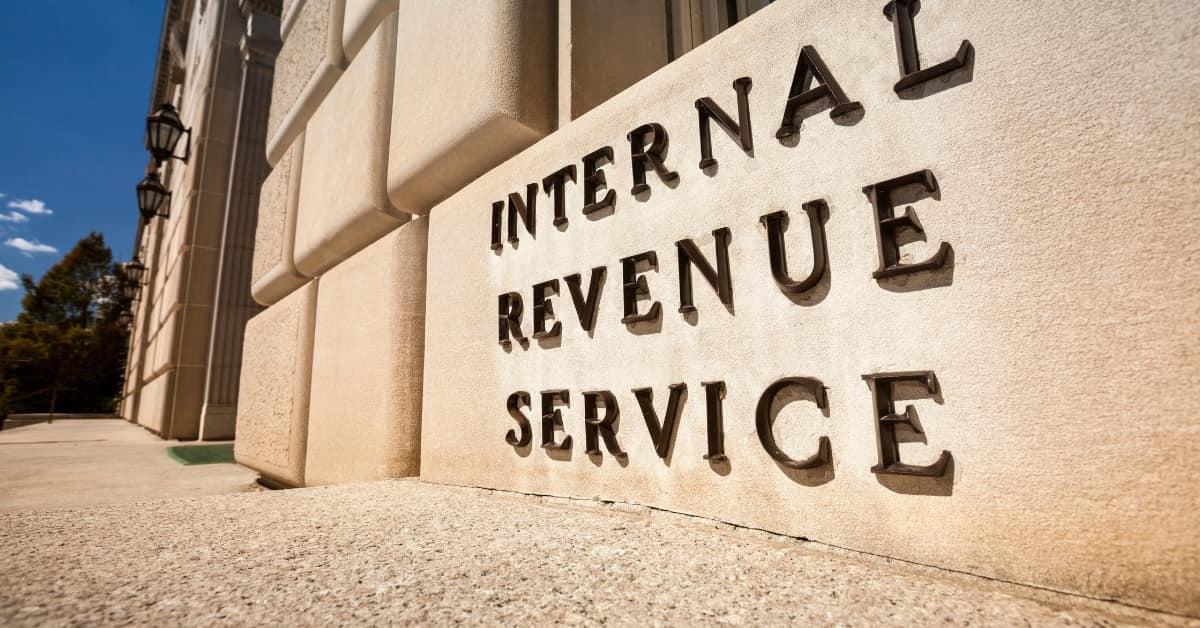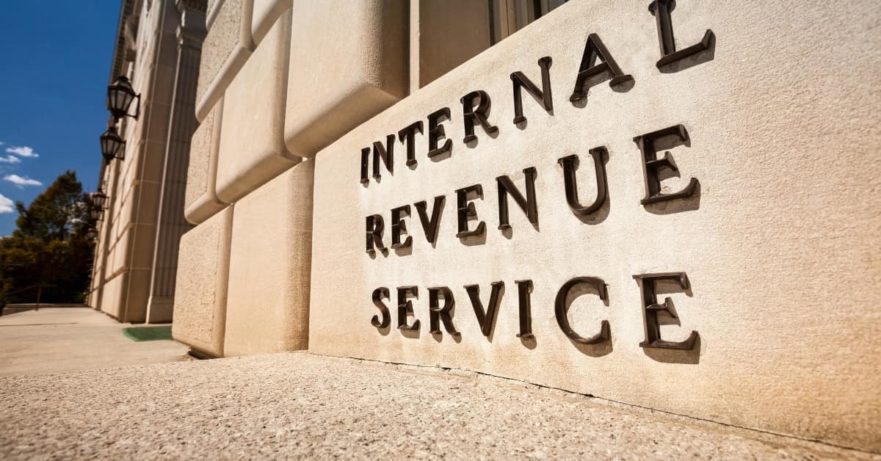
As of July 1, 2019, the Internal Revenue Service has been put on notice. The Taxpayer First Act has been passed by Congress with bipartisan support, and signed into law by President Trump. The Act aims to bring about many changes at the IRS and to protect the interests of taxpayers.
Major Provisions of the Taxpayer First Act
Some of the changes coming up for the IRS and taxpayers include:
- HR changes. The IRS will be required to send a report detailing a new, thorough employee training program to Congress. In addition, the IRS can no longer rehire any worker who was previously dismissed for misconduct.
- Establishment of an Independent Office of Appeals. The new law requires an autonomous administrative appeals body at the IRS. The Chief of Appeals, a new office reporting directly to the IRS Commissioner, will ensure that the Independent Office resolves tax disputes without litigation, impartially and fairly.
- Case review and equitable relief. Innocent spouses (spouses who signed a joint return unaware that the other spouse had filed it fraudulently) now have greater ability to find equitable relief, meaning they are not legally responsible for any taxes owed. For instance, the US Tax Court must now review innocent spouse cases de novo, meaning it will not consider previous decisions when looking at a new case. Also, the Taxpayer First Act gives spouses the right to ask for equitable relief before the statute of limitations ends for any tax that has yet to be paid, and for any tax that has already been paid, before the deadline for claiming a refund.
- Online 1099 platform. The IRS is required to create an e-platform by January 1, 2023, on which taxpayers can compose and assemble Forms 1099 for distribution, file Forms 1099, and maintain a record of these documents.
- E-filing now required by tax-exempt organizations. Before the Taxpayer First Act, only certain tax-exempt organizations were required to e-file. As of July 2019, all tax-exempt groups that are required to file Form 8872 or Form 990 must do so electronically.
- Whistleblower reforms. The IRS is now only able to exchange information with whistleblowers if the information would help its investigation. Furthermore, whistleblowers may not disclose any information they receive from the IRS.
- Penalty for not filing is going up. Starting on January 1, 2020, the penalty for not filing a return is increasing from $205 to $330. This new figure will also be adjusted for inflation going forward.
- Several cybersecurity reforms. The Taxpayer First Act requires the IRS to set up a distinct department to handle identity theft cases. The tax agency must also establish concrete guidelines for handling these situations; and it must notify any taxpayer if it suspects their identity has been compromised. Penalties for unauthorized disclosures have been increased. The IRS’s automated phone system will now have information about common tax scams and how to report them.
- A new customer service strategy. By July 2, 2020, the IRS must submit a complete customer service overhaul strategy to the legislative branch. The IRS must make this plan and its related employee training materials available to the public.
What the new law doesn't do
- Funding for the IRS isn’t cut. In fact, for the fiscal year 2020, the White House is proposing an increase from $11.3 billion to $11.5 billion.
- Free File program is left unchanged. The original bill for The Taxpayer First Act (H.R. 1957) included a provision that would have mandated Uncle Sam’s current Free File program. Some legislators were concerned that codifying this program would have prevented the IRS from developing its own tax filing software in the future, so this clause was removed in the final version of the bill.
If you’d like help navigating the US’s new tax structure under the Taxpayer First Act, contact a Glass Jacobson CPA today.






